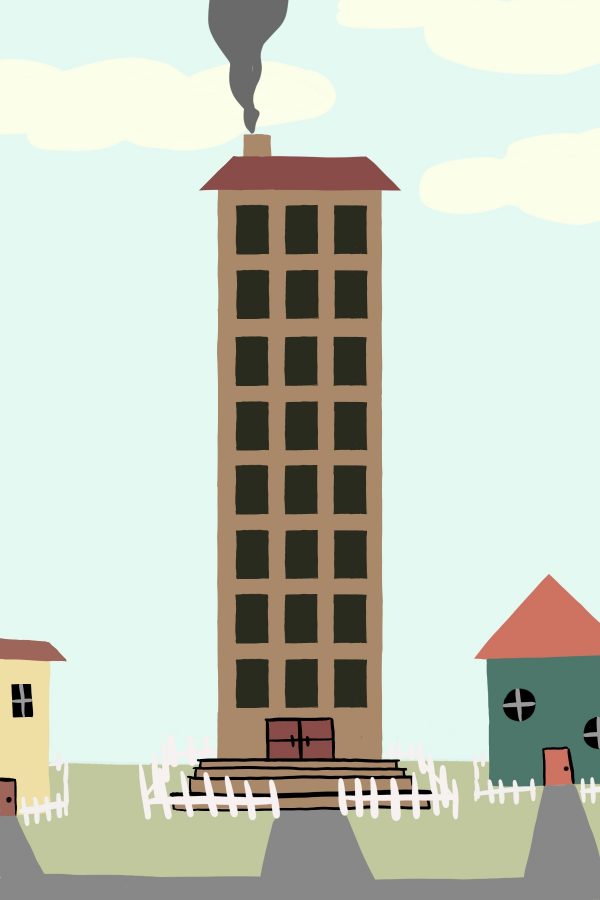Being a freshman is hard. From acclimating to a new environment and meeting new people to — worst of all — registering for classes, there are many challenges everyone faces. Of those challenges, maybe the most difficult is finding a community to belong to.
Freshmen are easy targets for people tabling on West Mall or Speedway, and many are drawn to one or more organizations in the first few weeks on campus. Where community building suffers, however, is in the very places freshmen call home: UT’s dorms.
Whether it’s ineffective social events or informational meetings that do not foster connections, dorms are struggling to succeed in their goal to connect people with one another.
One possible cause is the information-heavy nature of the initial social gatherings the dorms put on. When a social gathering has an agenda, such as trying to inform a group of people on rules and regulations, the social component suffers. University Housing and Dining should emphasize the social over the informational if they want to improve community building among freshmen.
“It’s a little prescriptive at the beginning,” said Brandon Jones, the associate director of student learning and development for UHD. “The community meetings are definitely super informative, but there is also a component that we built in where we get to know them and build up those relationships.”
Dorms do not bear the brunt of the blame, as students are generally busy with schoolwork and extracurricular activities. However, the events that the dorms do put on are missing the mark in terms of making sure quality interactions are taking place. Otherwise, high-functioning students can fail to develop a sense of community.
“I personally didn’t,” said economics sophomore Nick Hoffman, who lived at Duren his freshman year. “I would say it’s partially just that I was so focused on my grades and other involvements that I didn’t get super close with anyone in the dorm. I would also say that the events tended to be very awkward and not well attended, and that having more appealing events would foster community.”
University Housing and Dining does provide its resident assistants with money to throw events intended to get people together and talking. But these events must have an informational element, which can put a damper on any social networking.
“That’s something that’s kind of subjective and depends on each RA individually,” said Sebastian Lungu, aerospace junior and an RA at Jester. “We get a certain amount of money per year we can spend on our residents and we use that how we like, but we’re required to have a social event per month and it has to be informational.”
While the required social events per month are a nice touch and should continue to be a part of the program for freshmen dorms, there is still room for improvement.
Freshmen aren’t incapable of connecting to one another in dorms, but they should not always have to rely on themselves to do so.
“The sense of community I did get was by interacting with the people around myself, not through what the people at Jester West did with like free food or events,” history junior Ben Simmons said.
At the end of the day, it is University Housing and Dining’s responsibility to help new students acclimate to university life in as many ways as possible. Community building falls under this umbrella. With more social-focused events early in the semester, the University can help students turn their housing into homes.
These events can be anything from a casual coffee that puts people together in the same room to a more involved and facilitated session where students can see what they have in common. Focusing solely on the social and stripping away the informational could result in a less awkward environment for students to interact in.
Being a freshman is hard. The University can make it easier.
Layton is a Marketing senior from Corpus Christi.





















